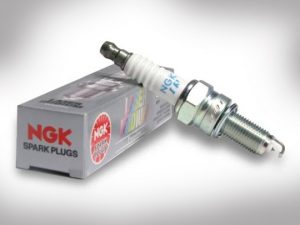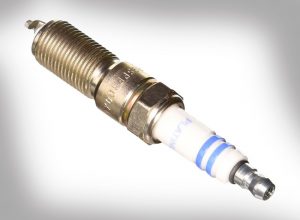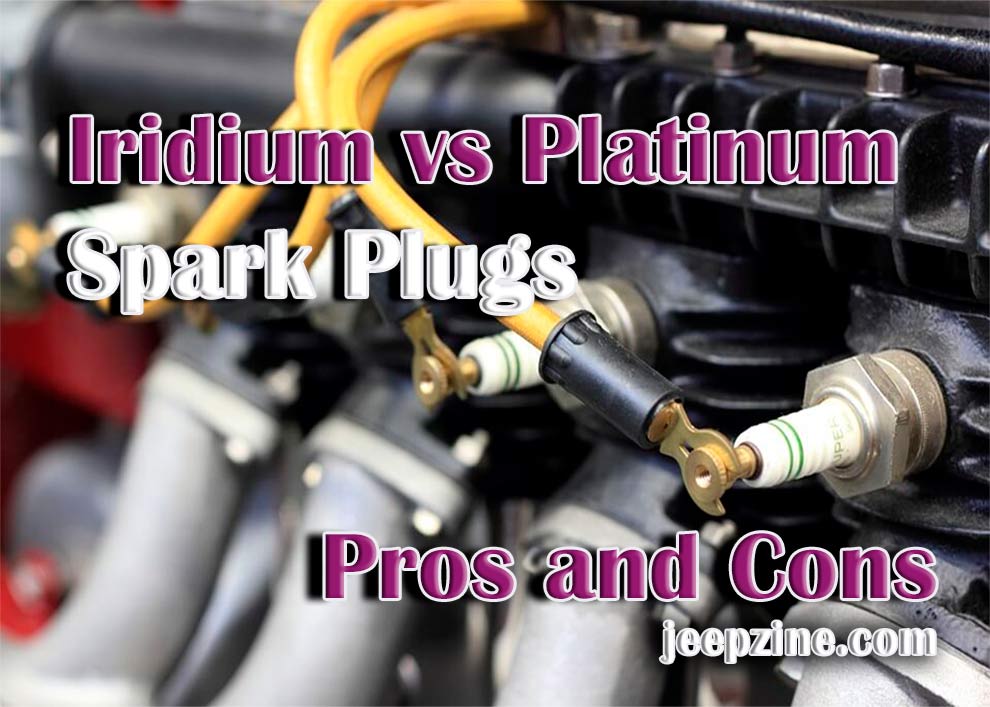If it’s time for you to change the spark plugs, this guide is exactly what you’ll need to make the right choice. The market is overcrowded with different brands, offering a long list of different spark plug sets. But, how do you know which one to pick? Today, we’ll focus on the most durable and reliable plugs crafted from platinum and iridium. They both have their strong sides and disadvantages, of course, and we’ll get into all of that in a moment.
There’s a third option as well – copper alloy – but it’s not very safe or long-lasting. The officially recommended spark plugs for Dodge Ram 1500 5.7 Hemi, the 5.4 Triton, the Powerstroke, or any other engines are mostly iridium or platinum. So, let’s go right ahead and learn everything there is to know about these materials!
Iridium

Iridium-made spark plugs serve for more than 75K miles. To put things into perspective for you: the average US car owner drives 14-15K miles a year. That means your new plugs will last for at least five years. However, iridium does have its fair share of cons. First of all, it is an expensive material. The reason: it’s very rare and annual production is around three tones. In addition, while iridium is an incredibly hard material, it’s actually pretty brittle.
At the end of the day, if you’ve got some extra bucks and only want the best spark plugs, iridium is exactly what the doc ordered. Say, you do a lot of off-roading and want a reliable set of spark plugs for Dodge Ram 1500. Iridium plugs won’t let you down even in the most challenging situations (or terrain).
Unfortunately, the price-tag is a bit steep and might “scare away” potential customers. But in the long run, this will be a reasonable investment.
Here’s a quick look at the pros and cons:
Pros:
- Outstanding density and durability
- Market-leading resistance to corrosion
- Operate at 2000 degrees Celsius
- Long-lasting: iridium plugs last for 75K miles
Cons:
- Rather expensive
- Brittle, compared to other materials
Platinum

Now, platinum is a noble metal: that means it’s naturally resistant to corrosion and withstands high temperatures (but it’s still not as impressive in this regard as iridium). For the average driver looking for premium-quality aftermarket spark plugs that won’t cost them a fortune, platinum is the more preferable pick. According to numerous tests conducted by trusted third parties, platinum plugs have an average lifespan of +/- 60K miles, which is rather impressive. Also read why do spark plugs make a difference.
And let’s not forget that the market also offers double-platinum spark plugs. Without getting into technical details, let me just say that they last a lot longer. In fact, with a “life expectancy” of up to 100K miles, double-platinum plugs are more long-lasting than iridium. Unfortunately, they’re not particularly cheap and might just leave your wallet crippled. It all comes down to your expectations, current needs, and your bank (as always).
Summing up, take a good look at the pros and cons of platinum and compare them to iridium:
Pros:
- Reasonably-priced
- Strong resistance to rust and heat
- Double-platinum plugs serve the longest
Cons:
- Single-platinum plugs only last for four years tops
- Double-platinum spark plugs aren’t exactly cheap


Add Comment